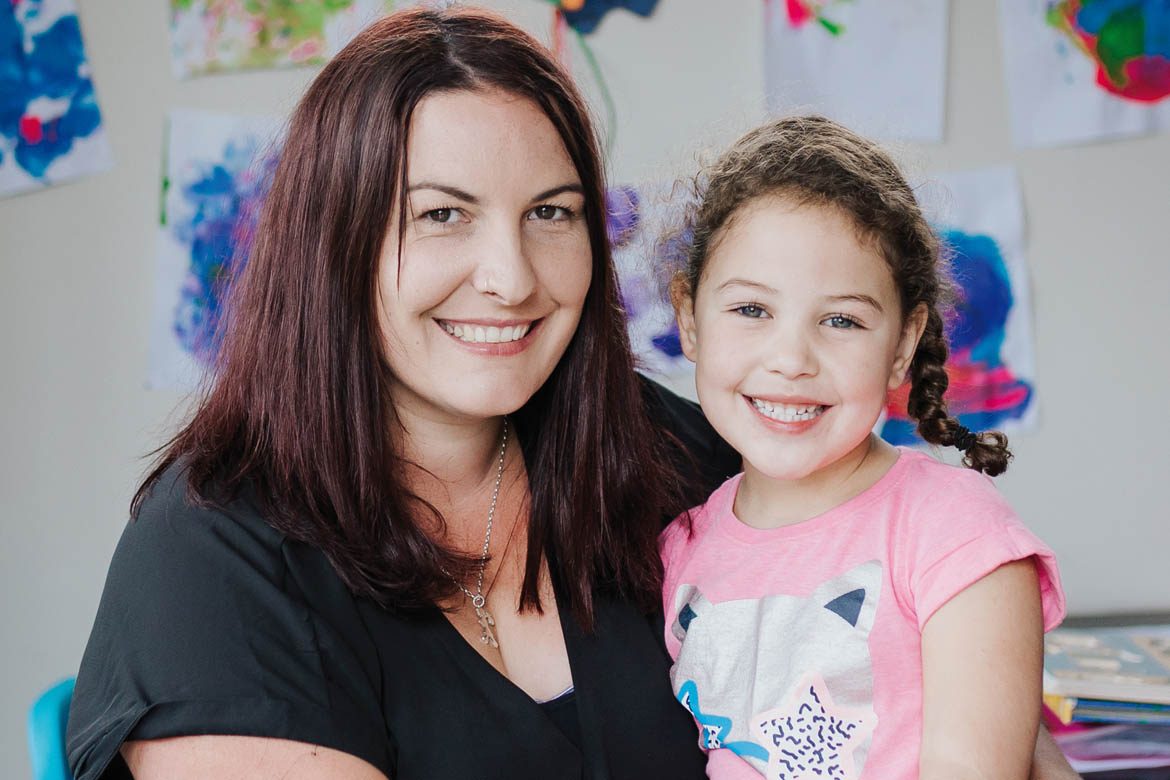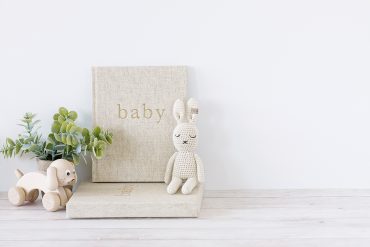Achieve work-life balance while maximising time with your children
Having spent 12 years working in childcare centres, Lucy Dowthwaite wanted to dedicate more time to her own young children, Kingston, now six and Henae, four, while doing what she loves.
So, last year, after recognising the benefits of working from home, the registered early childhood teacher joined PORSE as an in-home educator.
“The hours I was working meant I missed out on a lot with my own son and daughter – I wasn’t with them in the school holidays and I couldn’t be involved with their after school activities.
“I didn’t want to change careers because I absolutely love children. With PORSE I am still able to teach and educate, with more flexibility.”
The rise of in-home education and care began during what is often referred to as ‘the decade of the brain’ in the 1990s when more science became available around early brain development and the critical importance of the first 1000 days of a child’s life. Research shows that children thrive when they feel secure and connected to their caregiver, in a loving and nurturing home environment.
A child’s brain does most of its development in the first three years, which happens at the astonishing rate of about 700 new connections every second. That development is influenced by what’s happening in the child’s environment – be it sensory, cognitive, motor or emotional – firing neurones and making them stronger. And for optimal development to occur, children need to feel safe and loved. If they are stressed, children aren’t confident exploring and testing the environment and their bodies and instead withdraw into themselves as a form of self-preservation.
Since starting as an educator in Ashburton, Lucy has seen first-hand the difference an in-home learning environment makes and the effect it has on developing happy, healthy, settled children.
“The transition is a lot smoother. The babies are quite happy to leave mum for the day. It’s really nice that their parents can come into my home, drop off their children and feel comfortable, it’s very relaxed.
“I have found there are no behavioural problems at home. I think the smaller groups really help, they get a lot more attention as one of four than they would as one of a much larger group.”
The freedom to adapt her schedule depending on the day and children’s moods and interests was another bonus. There’s also plenty of time to make meaningful connections with each child.











